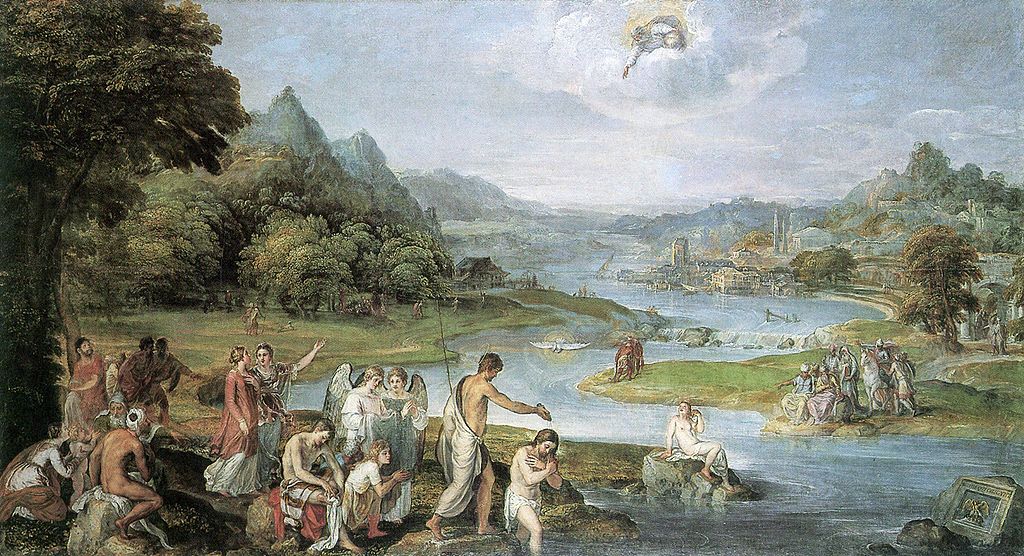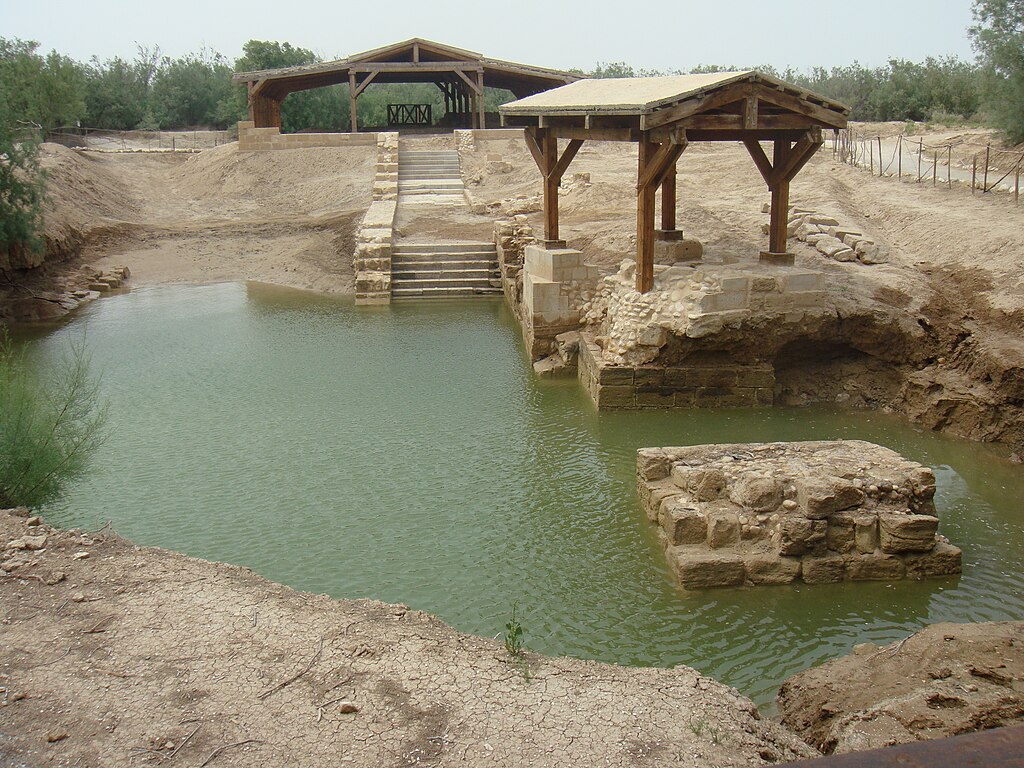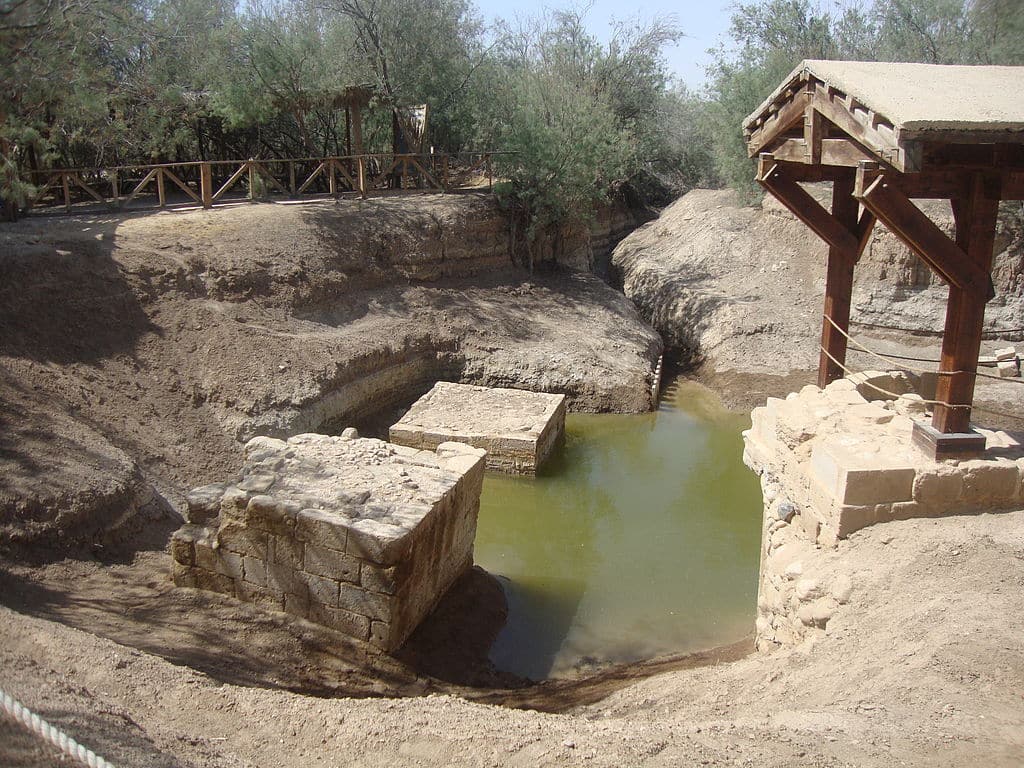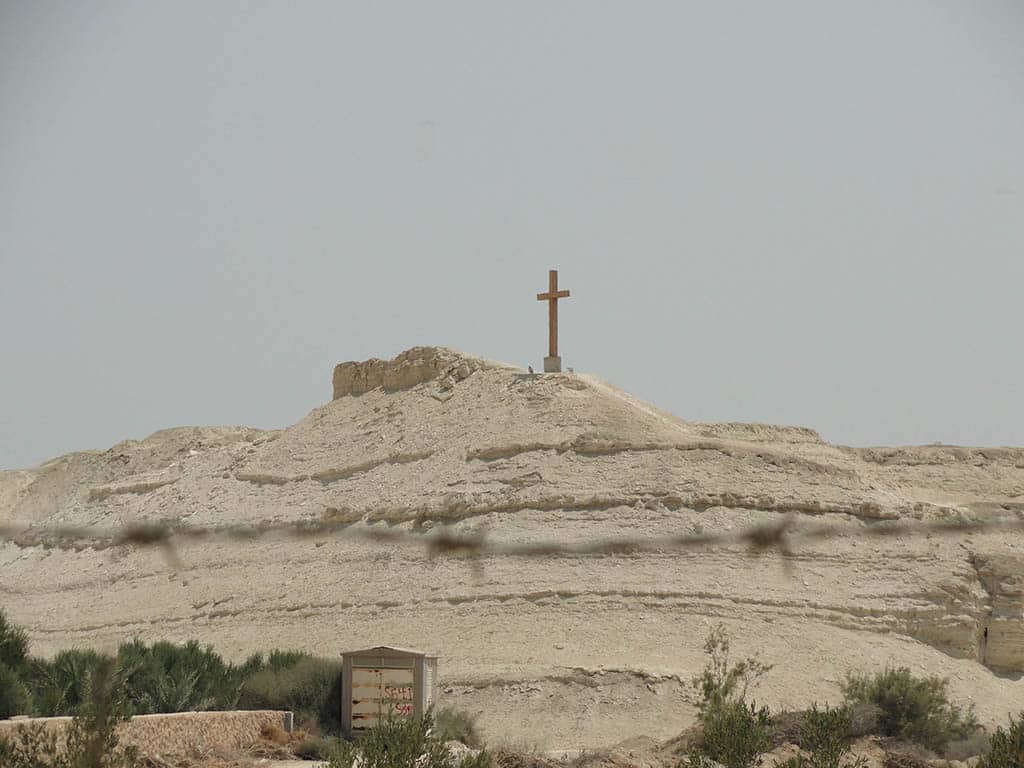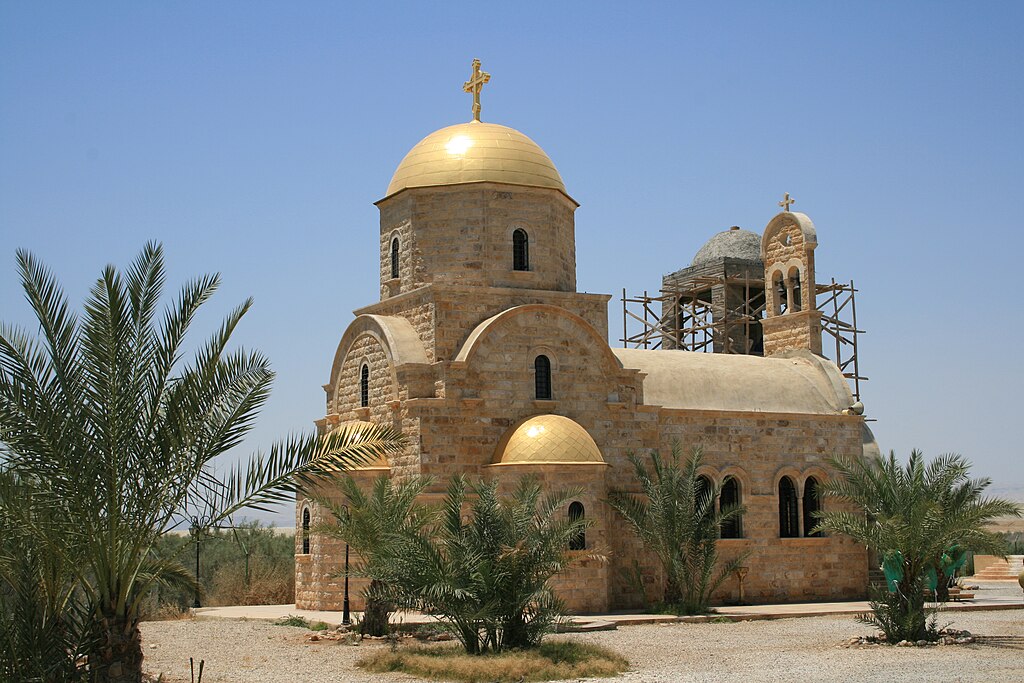The United Kingdom
Carousel of images for this Bible Exhibit
Listen to this Bible Exhibit
After the period of the Judges, Israel was in a state of weakening political stability, and the sons of Eli and Samuel were too corrupt to provide leadership. The people of Israel rejected the Lord’s divine rule and asked for a king like the nations around them. Despite his people’s rebellion, God granted Israel their wish but warned them of the cost of the monarchy 1 Samuel 8:9–21. An impending kingdom had already been revealed in Genesis 49:10 and Numbers 24:17, as well as being clearly outlined by Moses in Deuteronomy 17:14-20.
The period of the United Kingdom occurred when the twelve tribes of Israel were united under a single monarchy. This period lasted for 120 years and included the 40-year reigns of Saul Acts 13:21, David 2 Samuel 5:5, and Solomon 1 Kings 11:42. Unlike the surrounding nations, Israel’s king was to be a man who followed God’s laws and worked to keep the people faithful to God.
King Saul was the first king of Israel and enjoyed a brief period of success when he won a great victory over the Ammonites at Jabesh-Gilead. Saul then overreached his power by attempting to offer a priestly sacrifice, which God forbade, and declared that his kingdom would be taken from him 1 Samuel 13:8-15. This broken relationship with God caused Saul to become progressively mentally unstable. He attempted to kill David, who became increasingly popular due to his victory over Goliath 1 Samuel 17:1-58. Finally, Saul’s reign ended after he died in battle against the Philistines at Mount Gilboa, leading to their control over much of Palestine west of the Jordan 1 Samuel 31:1-13.
David became the second ruler of the United Kingdom of Israel, first over Judah and eventually over all twelve tribes. Not long after his reign began in Hebron, David conquered the Philistines and then captured Jerusalem, making it the capital of the United Kingdom. He built an empire, conquering Moab, Edom, Damascus, Zobah, Hamath, and Ammon. David was Israel’s greatest king, and Jerusalem became known as the city of David. While David desired to build God a temple, God instead made a covenant with David, promising him that his house would become a kingdom that would be established forever 2 Samuel 7:8-16. This promise would ultimately be fulfilled in Christ, who came from the line of David Luke 1:31–33, Acts 2:29–36. Like other pagan kings, David began accumulating wives and concubines, destroying his family. Ultimately Solomon, the son of David’s favorite wife, Bathsheba, became the next king.
Solomon was known for his wisdom and building projects, including constructing the first Temple in Jerusalem. He also expanded Israel’s territory through military campaigns and trade. Solomon made a great sacrifice to God at Gibeon, and God met him there and offered to grant whatever he might request. Solomon asked for a discerning heart to govern God’s people 1 Kings 3:9-14. While Solomon’s God-given wisdom was evident in many administrative decisions, official policies, and building plans, it was offset by excessive expenditures and idolatrous foreign wives, leading to God’s wrath upon him. Before Solomon died, God informed him that he would divide the kingdom after his death and give most of it to someone other than Solomon’s son. However, for David’s sake, God would keep Judah and Jerusalem in the hands of the Davidic line 1 Kings 11:9–13.





